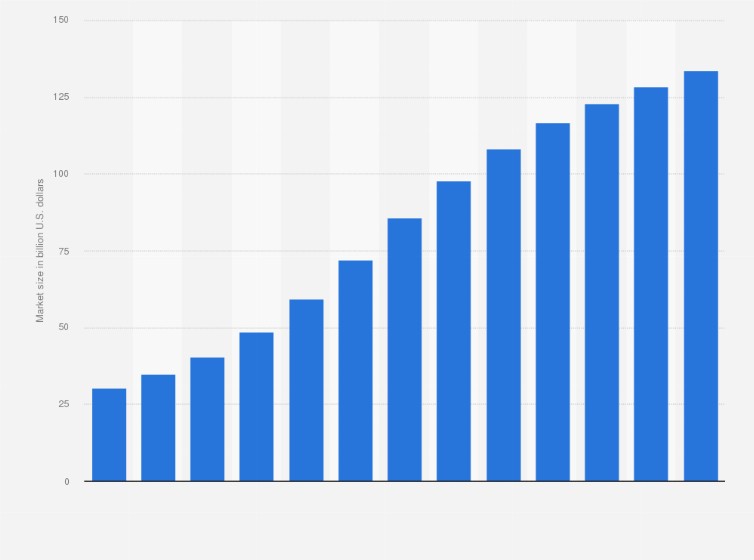
Online gambling losses in the United States are projected to exceed $1 trillion by 2028, according to new forecasts that highlight growing concerns about the industry's impact on public health and the economy.
The World Health Organization estimates that the legal online gambling market globally will reach $700 billion annually by 2028, with U.S. consumers bearing an outsized portion of these losses.
The rapid expansion of legal gambling, particularly following the 2018 U.S. Supreme Court decision that struck down betting restrictions, has led to widespread adoption across the nation. Currently, 38 states and the District of Columbia have legalized sports betting, according to the American Gaming Association.
Recent studies paint a troubling picture of addiction rates. Approximately 16% of adults and 26% of adolescents who use online gambling platforms develop gambling disorders. For sports betting specifically, 9% of adults and 16% of adolescents experience gambling-related problems.
"We cannot continue to rely on the theory of responsible gambling, which shifts the burden of harm prevention onto individuals," said Derek Webb, founder of the Campaign for Fairer Gambling, highlighting the need for stronger protective measures.
A 2022 Pew Research survey revealed that 19% of U.S. adults placed sports bets either online or in person during the previous year, with young men showing increasing participation rates.
The WHO has called for comprehensive public health policies to address gambling's addictive nature and its associated harms. These concerns are amplified by estimates suggesting that illicit betting markets already account for annual losses of up to $1.7 trillion globally.
As online gambling continues its rapid expansion across the United States, health experts and advocacy groups are pushing for stricter regulations to protect vulnerable populations from mounting financial losses and addiction risks.